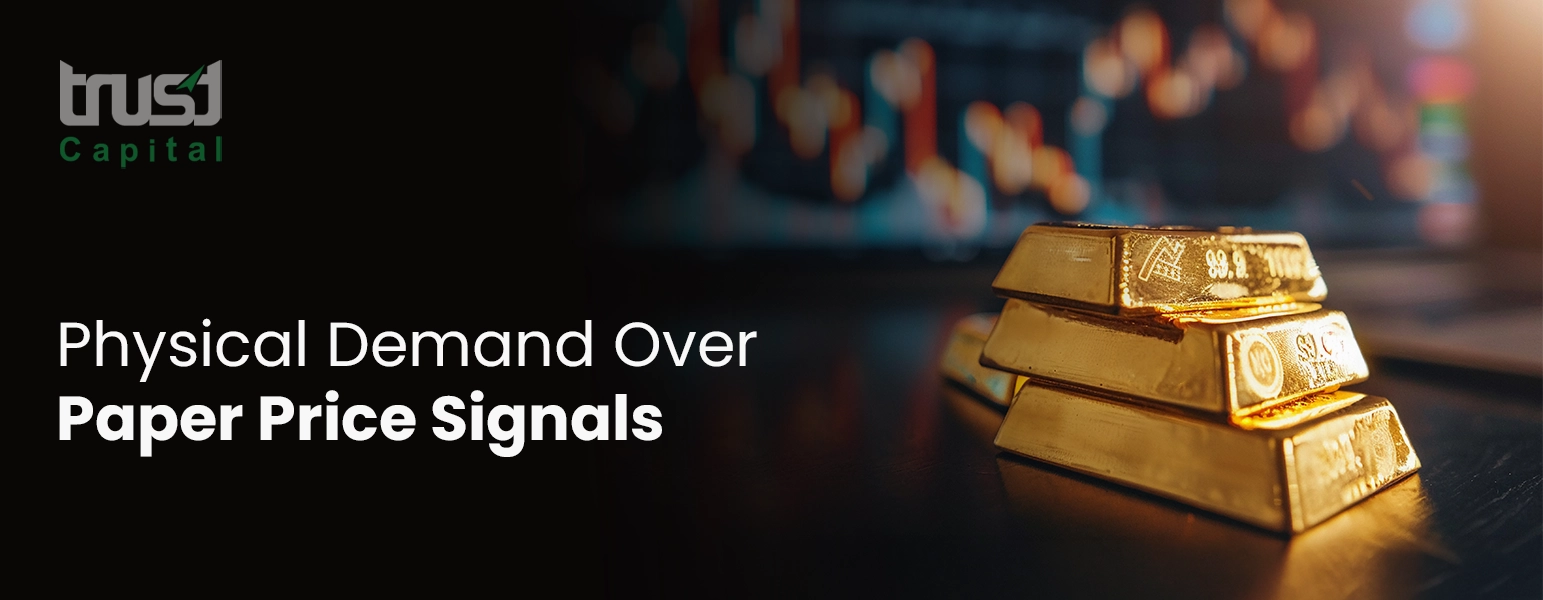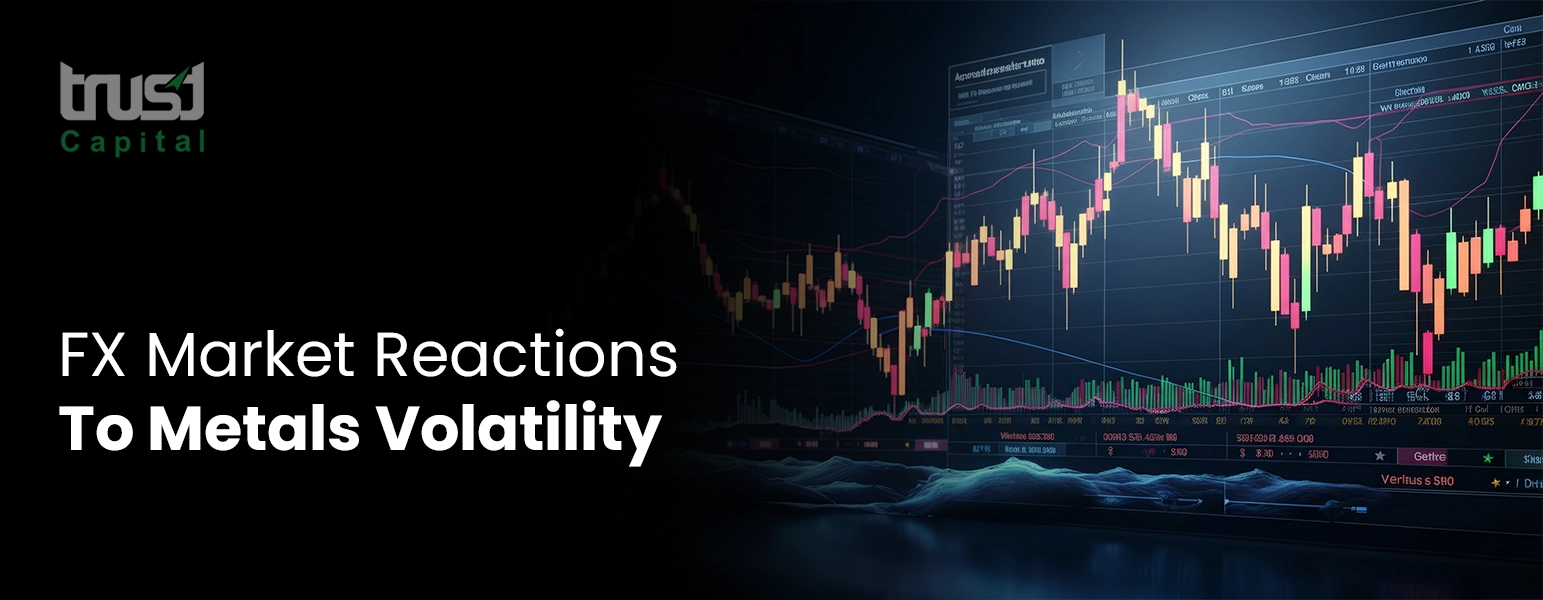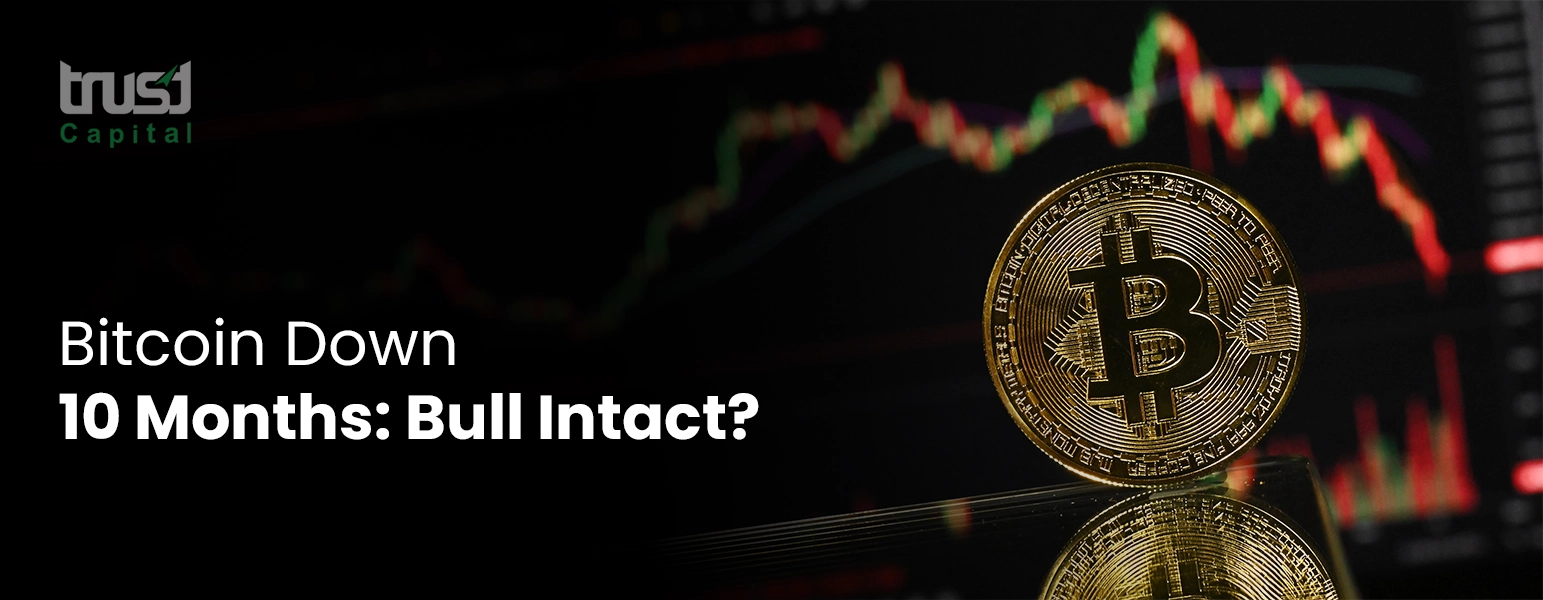How Emotions Influence Trading: Mastering Fear and Greed in the Forex Market
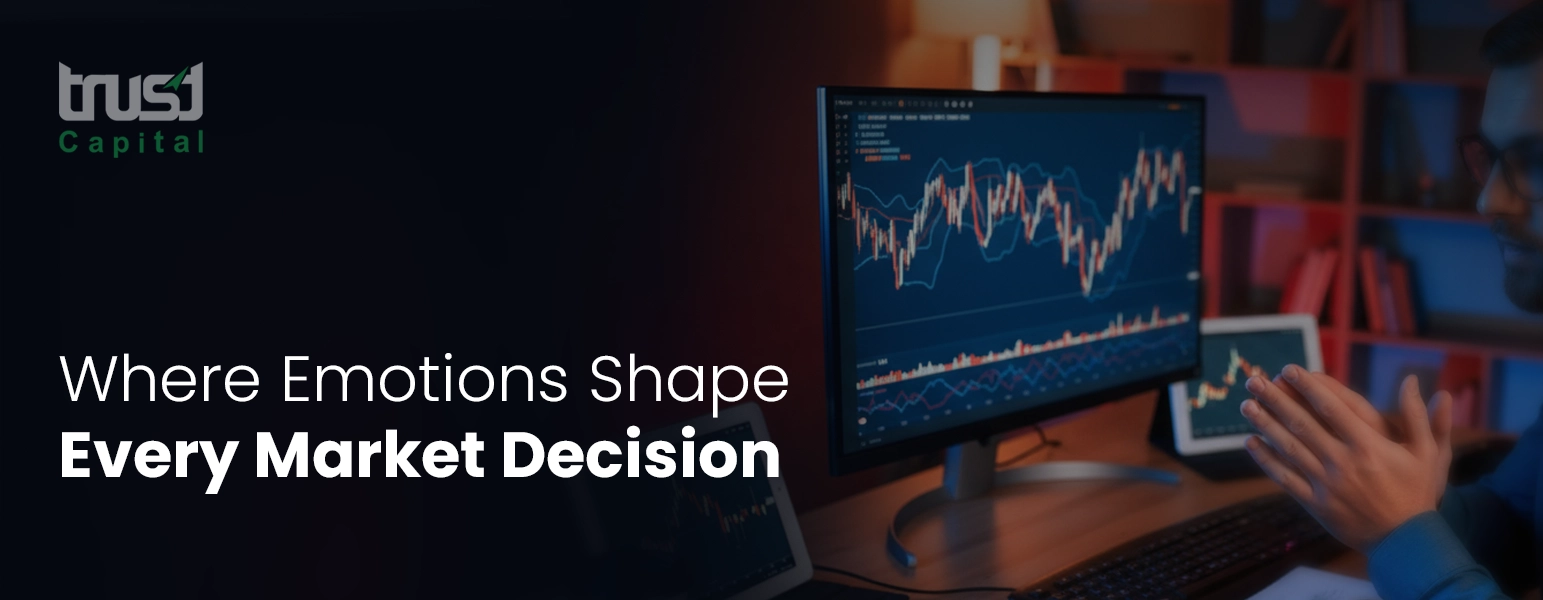
In the fast-paced world of forex, success isn’t just about charts, indicators, or strategies it’s about mastering your emotions. Traders often talk about “fear” and “greed” as the twin forces driving markets, but few truly understand how to manage them effectively. In 2025, as volatility surges and AI-driven trading rises, understanding forex trading psychology and emotional discipline is more vital than ever.
The Hidden Power of Emotions in Forex Trading
Most traders lose money not because they lack technical skills but because they fail to control their emotions. Every market moves triggers a psychological response. When prices fall, fear drives traders to sell early; when prices soar, greed tempts them to chase the rally.
This emotion-driven trading behaviour creates irrational decisions and poor trading risk management. Studies show that up to 80% of trading errors are emotional rather than analytical
Common Emotional Traps:
-
Fear of Loss: Closing profitable trades too early or avoiding potential setups due to anxiety.
-
Greed for Profit: Over-leveraging or entering impulsive trades without analysis.
-
Revenge Trading: Trying to recover losses immediately after a losing streak.
-
Overconfidence: Assuming you “can’t lose” after a few successful trades.
The Fear & Greed Index: Measuring Market Emotion
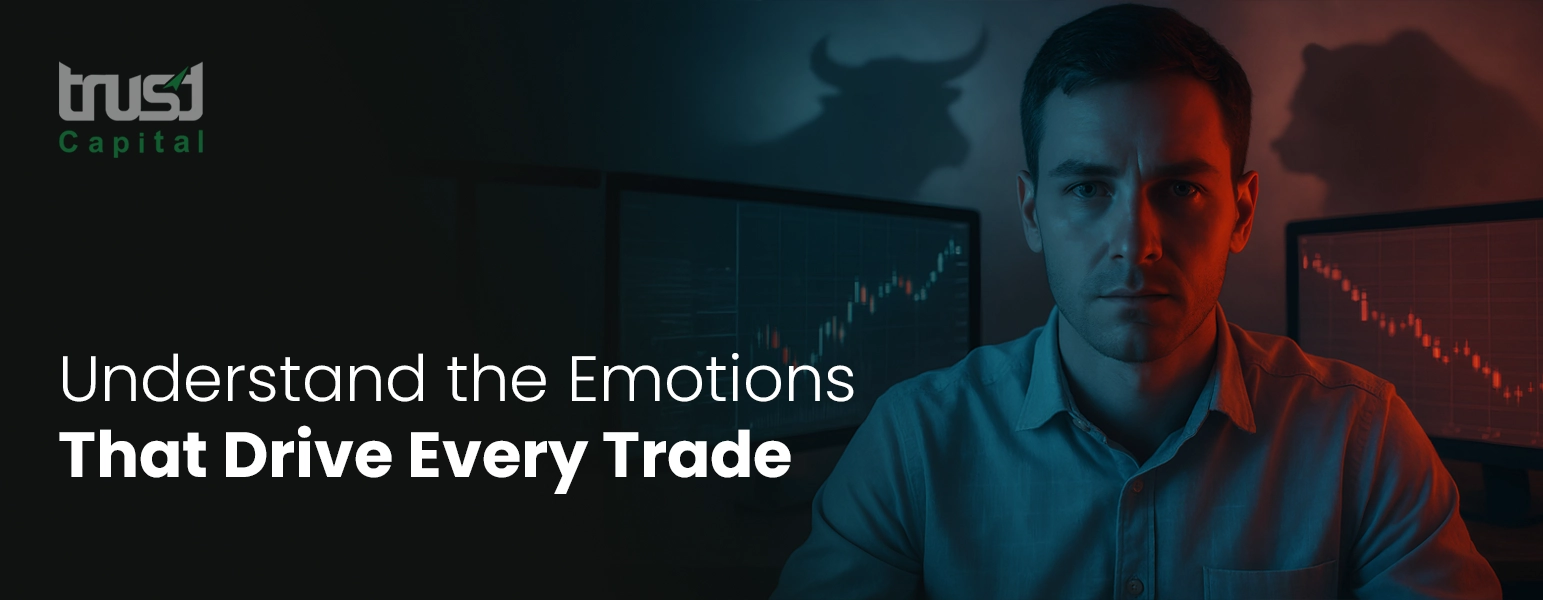
One of the most effective tools for understanding market sentiment is the Fear & Greed Index. Originally popularized in the stock and crypto markets, it’s now increasingly used in forex to gauge the balance between optimism and pessimism among traders.
-
Extreme Fear often signals that the market is oversold — a potential buying opportunity.
-
Extreme Greed suggests that prices may be overbought — a warning to stay cautious.
Using the Fear & Greed Index helps traders understand when emotions dominate the market and adjust their positions accordingly. This is an essential component of forex fear management and developing the right trader mindset strategies for 2025 and beyond.
The Psychology Behind Forex: Why We Trade Emotionally
The psychology behind forex is deeply rooted in human behaviour. When money is involved, our brains switch to survival mode. The same biological instincts that kept our ancestors safe from predators now drive our financial decisions.
In the forex market:
-
Fear triggers fight-or-flight responses, causing premature exits or hesitation.
-
Greed activates the brain’s reward system, pushing traders to take unnecessary risks.
This is why trading risk psychology plays such a crucial role. To become a professional trader, you must not eliminate emotions but learn to observe and manage them effectively.
Fear in Forex: Understanding and Managing It
Fear can protect you from reckless decisions, but it can also paralyze you. Effective forex fear management involves recognizing different types of fear:
-
Fear of Losing Money – leads to overly tight stop-losses or avoiding trades.
-
Fear of Missing Out (FOMO) – results in chasing moves after they’ve peaked.
-
Fear of Being Wrong – prevents traders from admitting mistakes or cutting losses.
How to Overcome Fear:
-
Set a solid risk management plan. Limit losses per trade to 1–2% of capital.
-
Focus on probabilities, not perfection. No trade setup is guaranteed.
-
Keep a trading journal. Track emotional triggers and learn from them.
-
Use smaller positions. Reduce stress by lowering exposure.
Developing confidence through trading risk management builds emotional stability the key to long-term consistency.
Greed in Forex: The Silent Account Killer
Greed is the flip side of fear. It tempts traders to overtrade, double down on winners, or ignore their strategies.
Greed-driven trading often starts with one lucky win, which fuels overconfidence. This emotional high blinds traders to risk, leading to significant drawdowns later.
Controlling Greed:
-
Stick to your trading plan. Don’t increase position size impulsively.
-
Set realistic profit targets. Consistency matters more than big wins.
-
Avoid revenge trading. Accept losses as part of the process.
-
Reward discipline not results. Celebrate when you follow your plan, not just when you profit.
Mastering forex discipline 2025 means recognizing when excitement turns into recklessness.
Emotional Trading in 2025: The Modern Trader’s Challenge
In 2025, traders face more psychological pressure than ever. Social media, AI trading bots, and constant market updates make it easy to lose emotional balance. This new age of emotional trading 2025 requires advanced mental resilience.
Modern Challenges Include:
-
Information Overload: Too much data can cloud judgment.
-
AI Competition: Algorithms don’t feel fear or greed humans do.
-
Instant Gratification Culture: Traders expect fast results and become impatient.
To stay ahead, traders must master forex trader psychology not just technical indicators.
Building a Professional Forex Trader Psychology
Becoming a consistently profitable trader means adopting a professional trader psychology the mindset used by institutional traders and hedge fund professionals.
Key Principles:
-
Detach Emotionally: Treat trading as a business, not a gamble.
-
Trust the Process: Focus on executing your edge, not chasing outcomes.
-
Balance Confidence and Humility: Believe in your strategy but respect the market.
-
Continuous Learning: Study market behaviour and your own emotional reactions.
These traits define a strong forex trader mindset and drastically improve trader performance over time.
Trader Mindset Strategies for Emotional Mastery
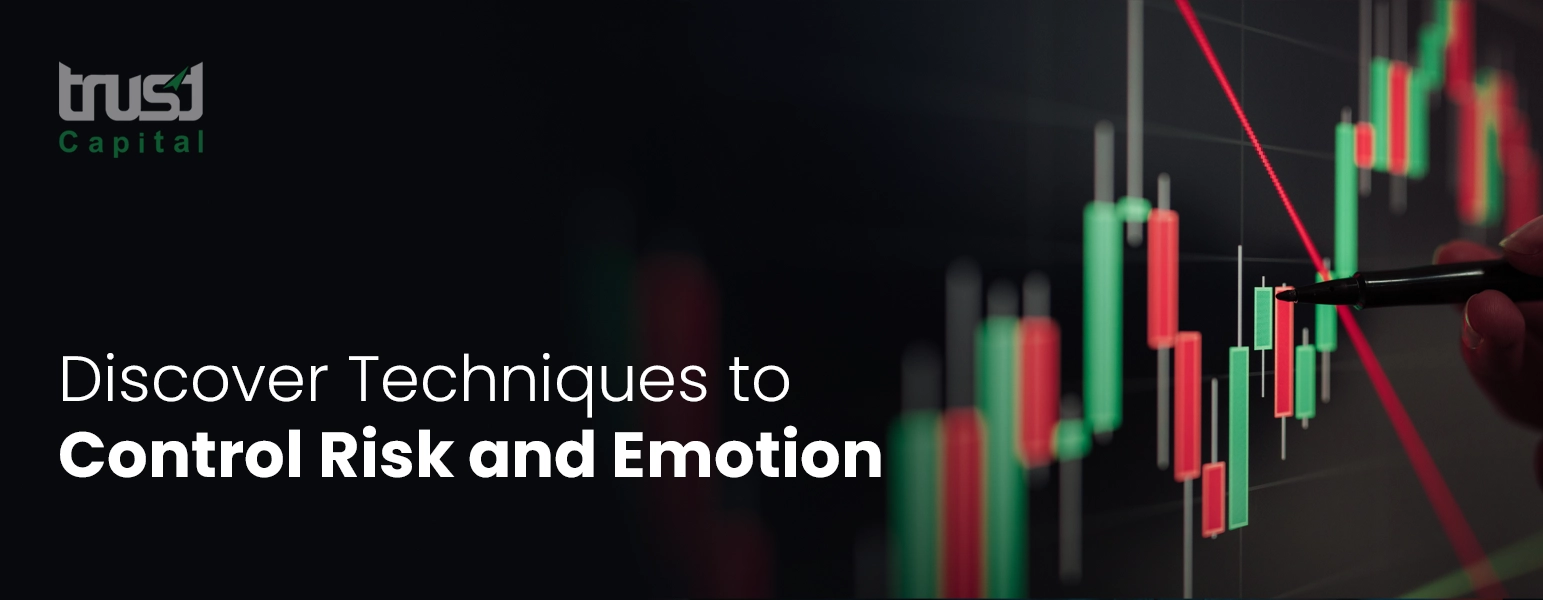
To achieve emotional stability, integrate these trader mindset strategies into your daily routine:
-
Meditation & Mindfulness: Helps regulate emotional impulses.
-
Routine & Structure: Trade at fixed times to avoid impulsive decisions.
-
Visualization: Mentally rehearse executing trades with calm focus.
-
Exercise & Rest: Physical health supports mental clarity.
-
Accountability Partner: Discuss trades with another disciplined trader.
These techniques build the self-awareness needed for mastering trading discipline and emotional consistency.
Trading Psychology Techniques for Better Risk Control
Implementing practical trading psychology techniques can turn emotional trading into strategic decision-making.
Recommended Techniques:
-
Pre-trade Checklists: Confirm entry signals and risk parameters before placing a trade.
-
Post-trade Review: Analyse mistakes without judgment.
-
Use of Automation: Limit impulsive trades by using stop-loss and take-profit orders.
-
Emotional Logging: Rate your emotions (1–10) during each trade to detect patterns.
These steps align your trading risk psychology with sound decision-making frameworks.
Master Your Mind, Master the Market
In forex trading, your mind is your greatest asset or your biggest liability. The ability to manage fear and greed separates amateur traders from professionals.
By mastering forex trading psychology, applying trading risk management, and following proven trader mindset strategies, you can develop emotional control that enhances consistency and profitability.
Remember: the market will always test your discipline, but emotional mastery is what turns volatility into opportunity.
